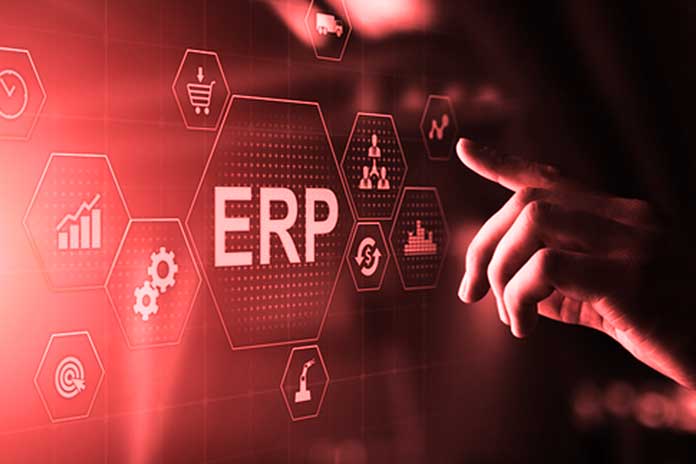The ERP and IT world will change in 2020 due to new technical developments. Increasingly important.
The rise of chatbots and digital assistants played a much more critical role in ERP solutions in 2019 than in previous years. From AI-supported HR recruiting services to chatbots in customer service: More and more companies are relying on artificial intelligence to optimize processes and improve the customer experience.
ERP Solutions: Digital Assistants Combined With AI
This trend will intensify in 2021. A growing number of companies will leverage the analytical capabilities of AI-powered digital assistants. They hope that this will provide new insights into efficient working methods. For example, daily work that follows specific patterns can be automated through machine learning.
New cloud-based offers such as Microsoft’s virtual assistant accelerate the use of digital assistants in combination with improved AI functions. They also enable companies to use standard / no-code tools to develop digital assistants for specific application scenarios. These helpers then support internal business processes, for example, or are used in innovative ways in applications for customer relationships.
ERP Solutions: Everything Is Moving Towards Hybrid
In 2019, the focus was on cloud migration. Against this background, many predicted that pure cloud storage models were the future. With regulations like the GDPR, however, customers are increasingly concerned about where their data is located. Therefore, in 2020 everything indicates that cloud strategies will change dramatically. Hybrid cloud implementations are coming into focus.
Companies will increasingly opt for hybrid solutions. This allows you to save data on-site and, at the same time, use the cloud to ensure the security of your database. In this context, ERP providers of a hybrid solution have clear advantages over manufacturers of legacy ERP systems and pure cloud offerings.
The Expandability Of The Platform Is Crucial
In 2021, the requirements for modern ERP solutions will also change dramatically. It is expected that customers will turn away from providers who only have ERP functionalities in their portfolios. In terms of their digital transformation efforts, potential buyers are more interested in solutions that enable them to use data and applications both on-premises and in the cloud.
The new customer requirements are causing ERP providers to think about expandability. They also need to ensure that their platforms can support hybrid scenarios and diverse requirements within digital strategies. This new starting position will herald the end of the ERP mega suites. They are replaced by seamlessly distributed and integrated solutions that can run on multiple clouds and on-premises.
ERP Solutions: Employee Know-How As The Engine Of Business
In 2021, employees will remain the most critical component in a company, regardless of the industry. Their skills and knowledge form an essential basis for companies to assess the future direction of the business correctly.
Therefore, companies will choose a strategic approach for their human capital management (HCM) solutions in 2021. Data and analysis functions play an essential role in this context: They can determine how well trained the employees are and whether they have the right skills, where further training is necessary, and how employees can be supported in their career planning.
Winning The Talents Of Tomorrow
Many young people born around the turn of the millennium will take their first steps into professional life in the next few years. Companies need to think about how they can attract this new generation. The potential new hires grew up with the Internet and are used to modern technology. Their expectations of the digital equipment of their future employers are correspondingly high.
A tech downgrade in the workplace – compared to the standard previously used in private life – is therefore not well received by young talents. In times of a shortage of skilled workers, companies have to be even more explicit: Outdated technology can not only paralyze business, but it can also be the reason for a potential employee’s rejection. Companies should therefore rethink their entire IT infrastructure.
Suppliers of ERP solutions and enterprise software must take these developments into account when developing functions. A transformative change can be seen, moving from monolithic systems for more than 20 years to flexible and purpose-oriented applications. With them, users can get started immediately without having to struggle through a functionally overloaded individual application.
